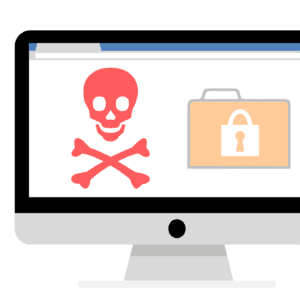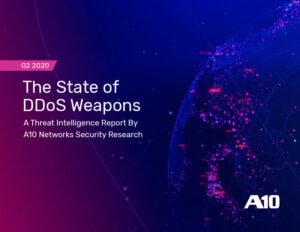2021 - This is what CIOs have to pay attention to
A10 Networks provides insights into the most pressing cybersecurity problems in 2021 - This is what CIOs need to be aware of. While the analog world was kept in check by a pandemic in 2020, cybercriminal activities and attacks created additional burdens in the digital space. Regardless of whether it is the increase in simple phishing attacks or one of the largest recorded DDoS attacks to date: 2020 was also the year in which the threat from cyber criminals grew rapidly - and this will continue in 2021. A10 Networks explains the most pressing cybersecurity challenges and what CIOs ...









